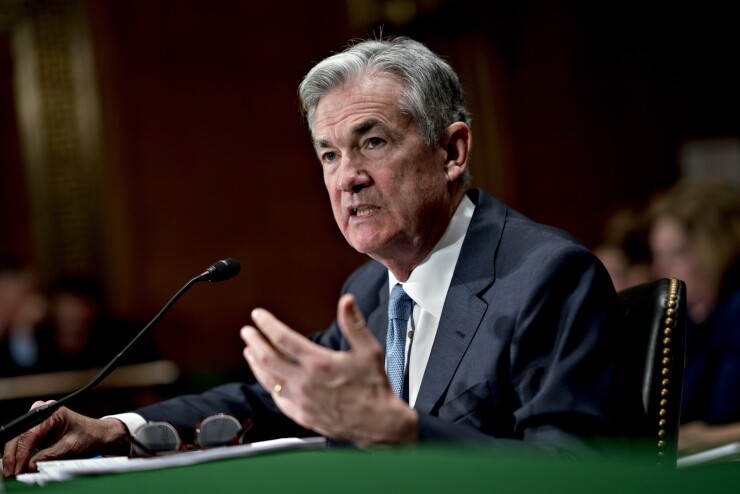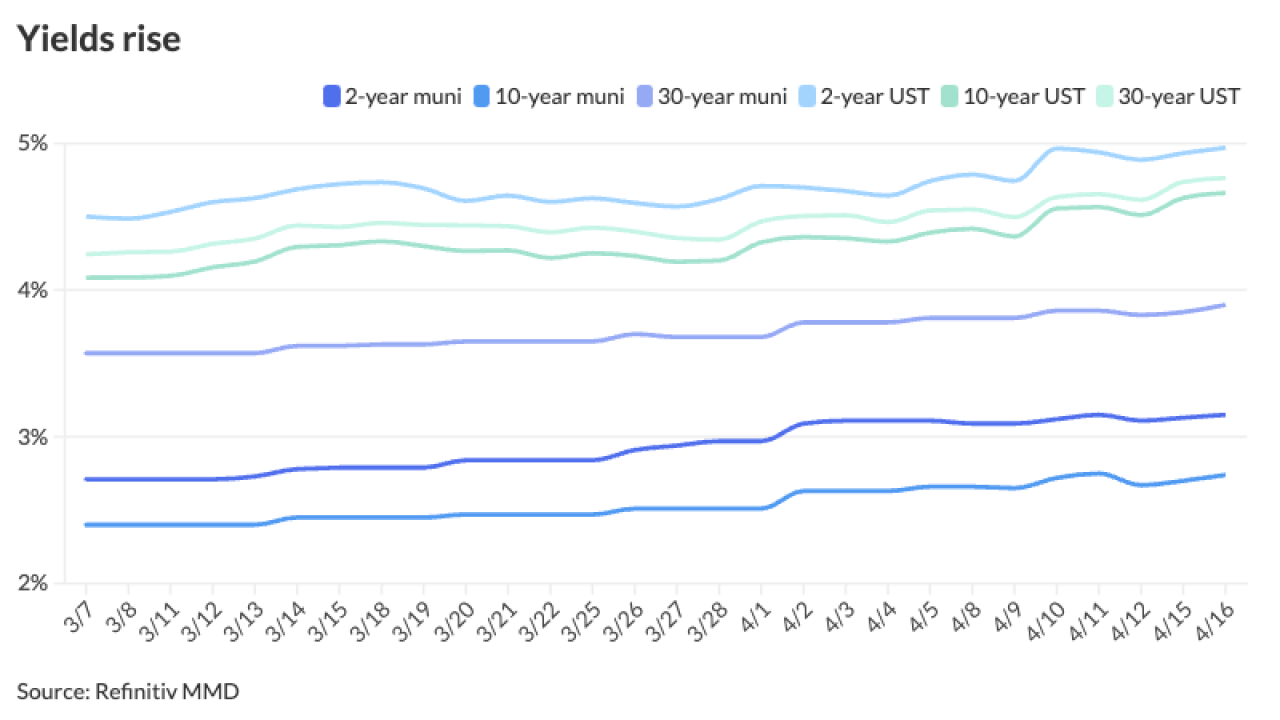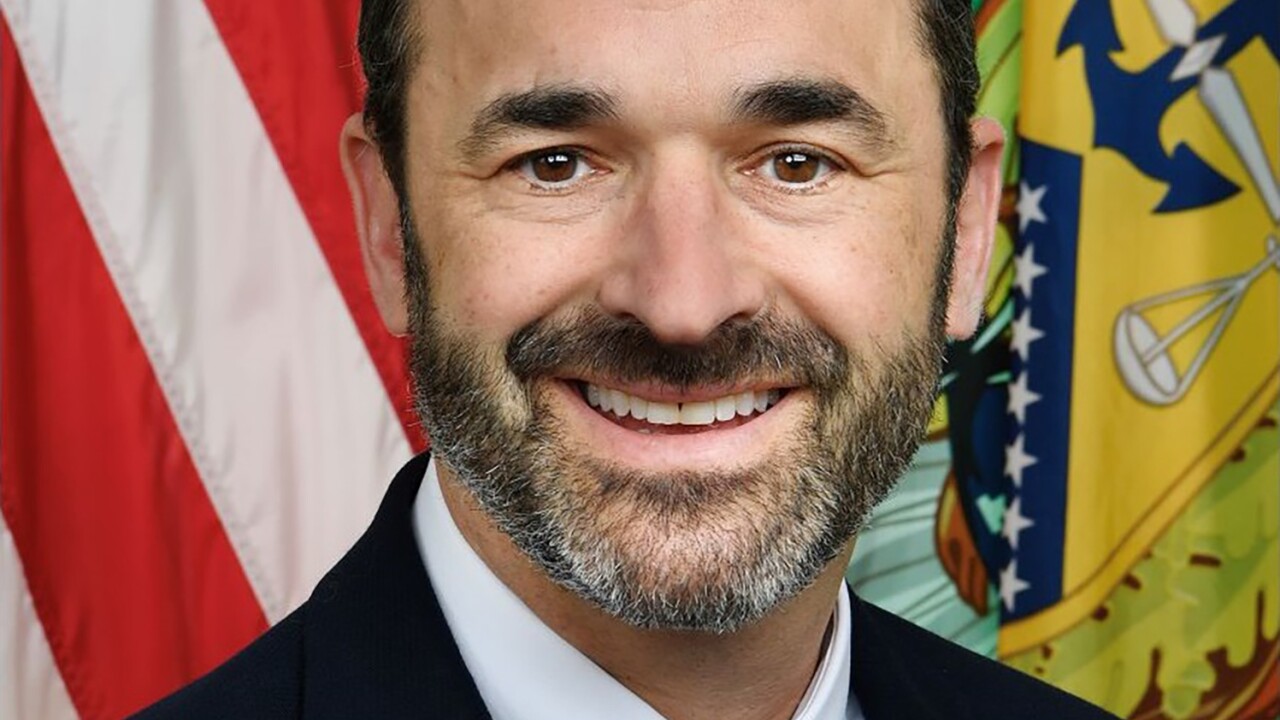Monetary policy is still accommodative and gradual increases in the fed funds rate target will proceed, according to the Federal Reserve’s monetary policy report to Congress, released Friday.
Federal Reserve Board Chair Jerome Powell will testify before Congress next week, using this template, and then respond to questions.

The Fed sees the neutral rate, where monetary policy neither stimulates or restrains the economy, just short of 3%, about four hikes from the top of the 1.75% to 2% current range. The report suggests the fed funds target could be above neutral, restraining economic growth, by the end of next year.
Gary Pzegeo, head of fixed income at CIBC Private Wealth Management, noted the questions “will probably focus on the impact of tariffs and a higher deficit. The markets will be listening for any shift in the pace and timing of not only rates, but also balance sheet reduction which has gotten some attention lately.”
Whether in his testimony, or responding to a question, Pzegeo suggested, the flattening yield curve and its merits in predicting a recession could come up.
“While we respect the shape of the yield curve as an indicator with past predictive value, the still accommodative stance of the Fed is an important mitigating factor in this cycle,” he said. “The real federal funds rate remains near-zero, while in past curve flattening cycles, those real rates peaked between 3% and 5%. Our view is that it’s the degree of monetary policy restrictiveness that matters most.”
The report notes a strong labor market and growing inflation, although hourly pay has grown only moderately. While energy prices pulled inflation “a little above” the Fed’s 2% target, rising oil prices no longer impact the economy as much they once did.
Trade policy remains a Fed concern.
Fiscal policy was seen giving “a moderate boost” to the economy, as tax cuts provided fuel for consumer spending.





